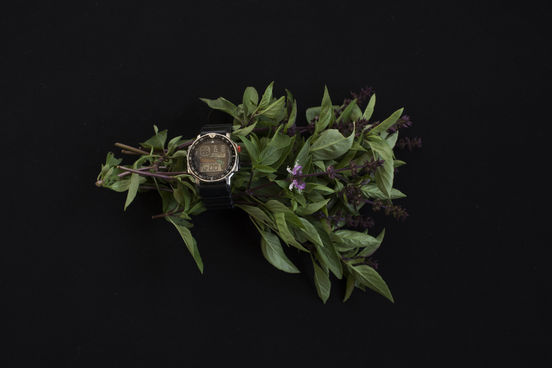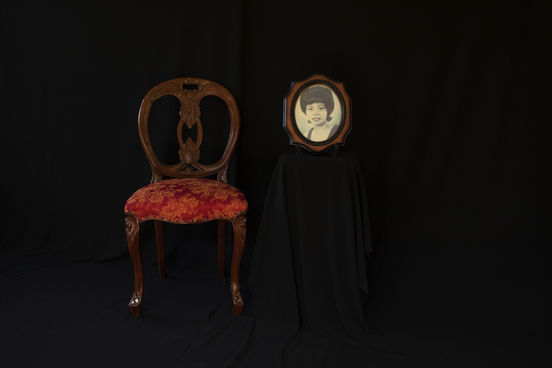Peace education practitioner, Dody Wibowo will share how national collective memories are constructed and disseminated in the media, cultural institutions and educational curriculums and through the use of physical objects.
Wibowo will draw parallels between his own experiences and artist Kim Hak’s approach, positioning objects as story-holders, vessels for historical lessons. Museum dioramas taught him for the first time aspects of Indonesia’s violent past, and it is the objects of 12 Cambodian families (who came to New Zealand as refugees in the 1970s and 1980s) that carry the stories of their owners, shared by Kim Hak. Wibowo will also discuss his experience at Tuol Sleng, Phnom Penh’s infamous Khmer Rouge prison and site of torture, and Choeung Ek Killing Field, again demonstrating the use of historical objects to inform and evoke physical and emotional responses from visitors.
This lecture contains graphic imagery that may be difficult for audience members. If you would like to discuss the content prior to the lecture, please contact Objectspace.
Booking is free here.
--
Dody Wibowo comes from Indonesia and holds a Master's Degree in Peace Education from the University for Peace, Costa Rica. He has worked in several institutions, including Peace Brigades International, Save the Children, Ananda Marga Universal Relief Team. He has completed work for UNICEF and the Centre for Peace and Conflict Studies in Cambodia.
Dody is conducting his PhD research at the University of Otago’s National Centre for Peace and Conflict Studies Te Ao O Rongomaraeroa through a Rei Foundation scholarship. His research explores factors contributing to school teachers' capacity in delivering peace education.
The exhibition Alive is supported by Rei Foundation.

Kim Hak, Alive, watch and basil

Kim Hak, Alive, A portrait from the '70s and a red chair